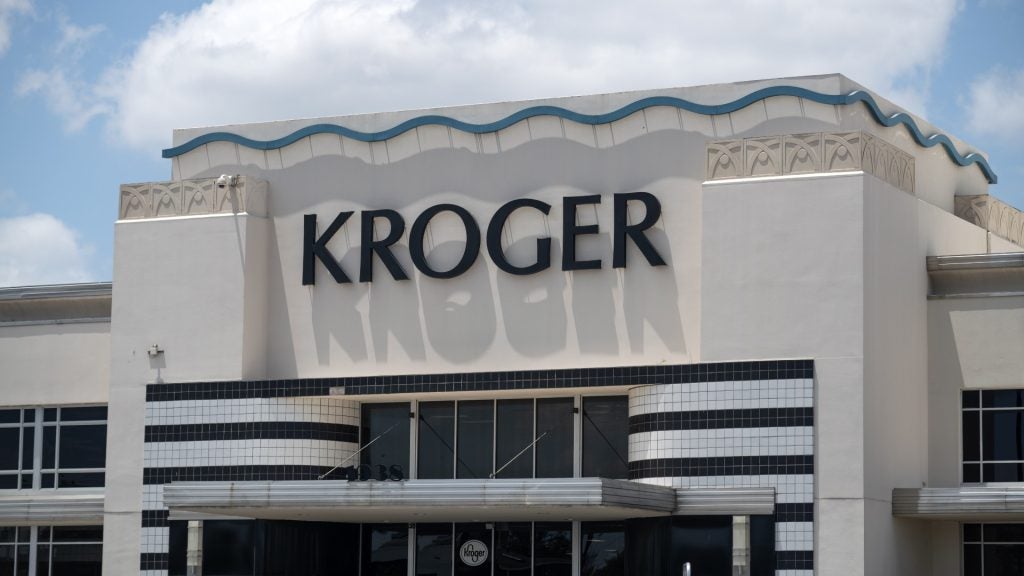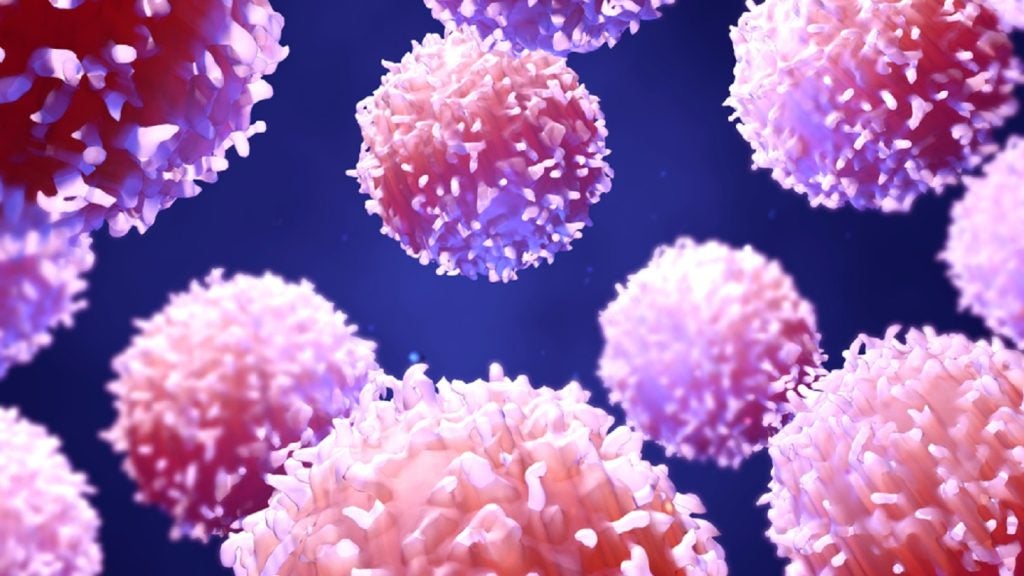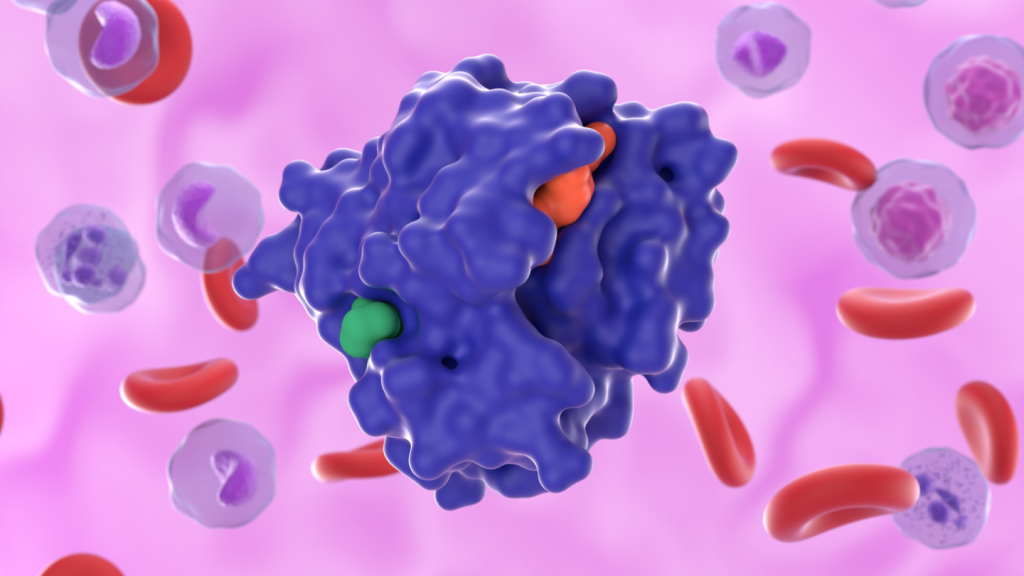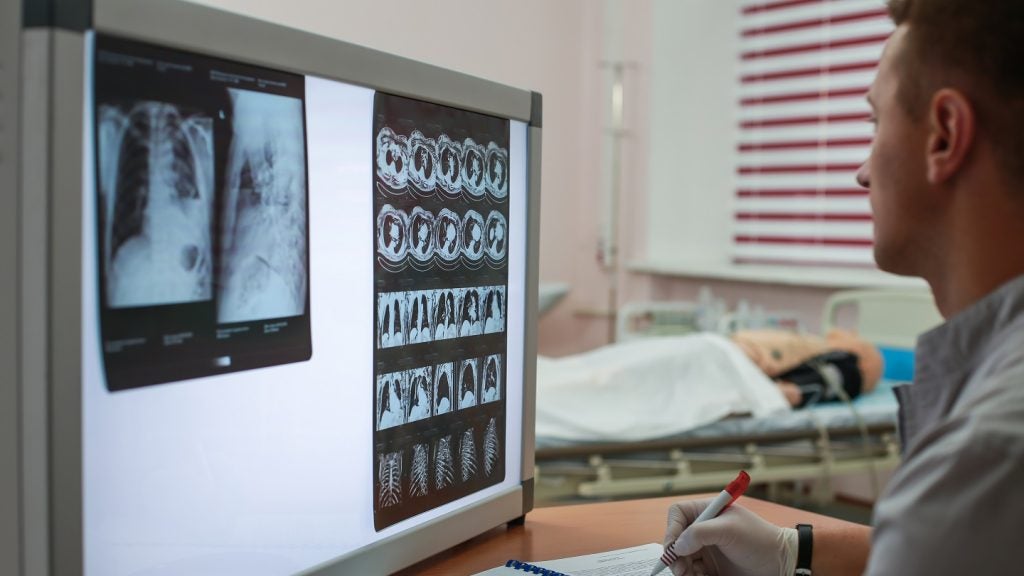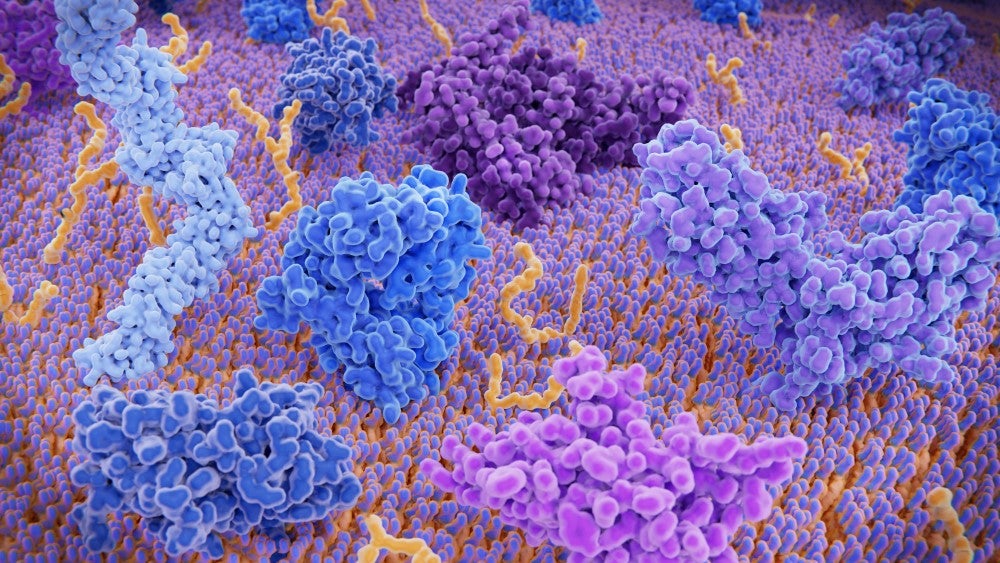Bristol Myers Squibb has reported results from a Phase II study of BMS-986278 for the treatment of progressive pulmonary fibrosis (PPF).
The international, randomised, parallel study includes a placebo-controlled treatment period of 26 weeks, a four-week post-treatment follow-up period and an optional active treatment extension period of 26 weeks.
It enrolled patients with idiopathic pulmonary fibrosis (IPF) and PPF. In the study, they were given the lysophosphatidic acid receptor 1 (LPA1) antagonist BMS-986278 30 mg or 60 mg or matched placebo orally two times a day.
IPF cohort was allowed to take background antifibrotics and the PPF cohort with any of antifibrotics and/or immunosuppressants.
Rate of change in percent predicted forced vital capacity (ppFVC) from baseline to week 26 is considered as the primary endpoint in the IPF cohort while the same is considered as the secondary endpoint in the PPF cohort.
These changes in the PPF cohort were assessed based on treatment policy estimand and while-on-treatment estimand.
Patients in the PPF cohort receiving 60mg BMS-986278 demonstrated a 69% relative reduction in the rate of change in ppFVC versus placebo in the while-on-treatment analysis and a 74% reduction in the treatment policy analysis.
In the 30mg group, a 42% relative reduction was observed in the while-on-treatment analysis and a 37% reduction in the treatment policy analysis.
BMS-986278 was well tolerated and its effect was found to be consistent with or without background therapy.
Rates of adverse events were similar to placebo with minimal discontinuation rates.
Bristol Myers Squibb immunology development senior vice-president Jonathan Sadeh said: “Our industry-leading drug discovery and development capabilities and collective results from this Phase II study provide us the expertise and confidence to support the continued development of BMS-986278 in our global Phase III ALOFT programme in idiopathic and progressive pulmonary fibrosis.”




